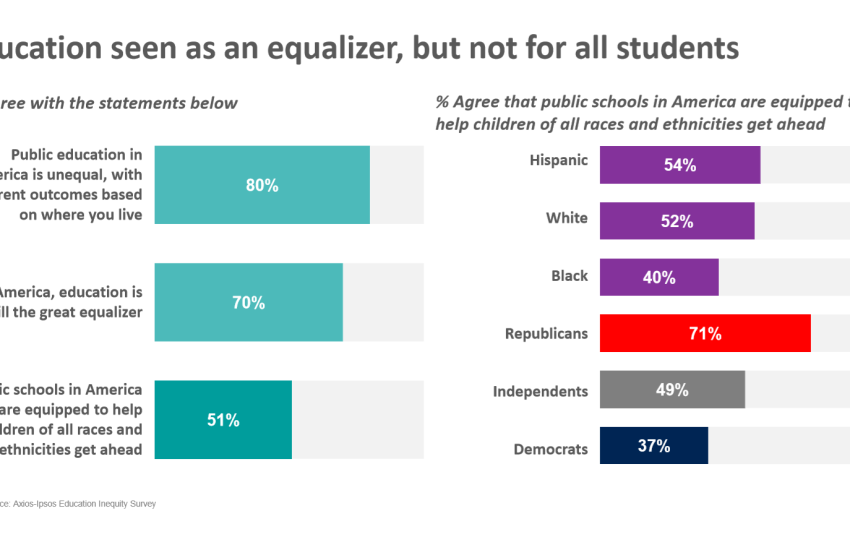Waste Management: Society’s Responsibility for a Cleaner Future
In today’s fast-paced world, the issue of waste management has become more critical than ever. With the rapid technological advancements and consumerism, the amount of waste generated has skyrocketed, posing a significant threat to the environment and human health. It is crucial for society to take responsibility and implement effective waste management strategies to ensure a cleaner and sustainable future.
The Impact of Poor Waste Management
Poor waste management practices have severe consequences on the environment. Improper disposal of waste leads to pollution of air, water, and soil, causing harm to wildlife and ecosystems. The emission of greenhouse gases from landfills and incineration contributes to climate change, further exacerbating the environmental crisis. Additionally, inadequate waste management poses health risks to the community, as it can lead to the spread of diseases and contamination of food and water sources.
The Role of Technology in Waste Management
Technology plays a crucial role in modern waste management practices. Innovative solutions, such as waste sorting and recycling technologies, have been developed to help reduce the amount of waste ending up in landfills. Advanced waste-to-energy technologies convert waste into renewable energy, further contributing to sustainable waste management. Additionally, IoT devices and sensors are being used to track and monitor waste generation and collection, optimizing waste management processes and reducing costs.
Society’s Responsibility
While technology plays a vital role in waste management, society also has a crucial responsibility to ensure a cleaner future. Individuals must be mindful of their consumption habits and make conscious choices to reduce, reuse, and recycle. Educating the public about the importance of proper waste disposal and the benefits of recycling can help promote a culture of sustainability within communities. Governments and businesses must also collaborate to implement effective waste management policies and invest in infrastructure to support sustainable waste management practices.
The Benefits of Effective Waste Management
Effective waste management offers various benefits to society and the environment. By reducing the amount of waste sent to landfills, we can conserve natural resources and reduce the environmental impact of waste disposal. Recycling and composting help conserve energy and reduce greenhouse gas emissions, contributing to climate change mitigation. Proper waste management also creates economic opportunities, such as job creation in the recycling and waste management sector.
Conclusion
Waste management is a collective responsibility that requires the collaboration of governments, businesses, and individuals to ensure a cleaner and sustainable future. By adopting innovative technologies, educating the public, and implementing effective waste management policies, we can mitigate the environmental impact of waste generation and create a more sustainable society. Let us all take action today to preserve our planet for future generations.
Remember, our actions today determine the world we leave behind for tomorrow.


